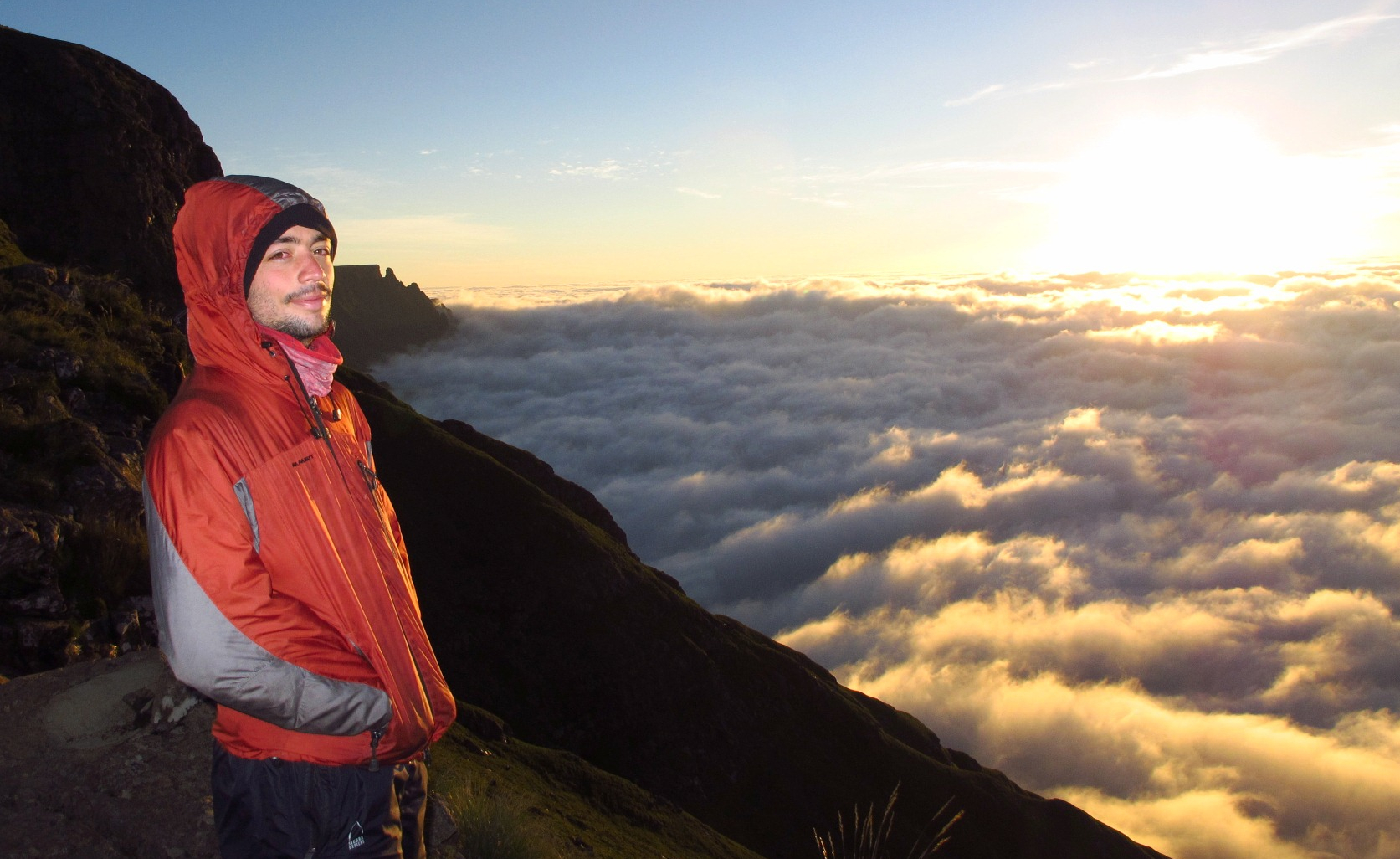Researcher
I am a health geographer and a planetary health scholar using mixed methods to assess and identify solutions to planetary health challenges that affect human well-being and the ecosystems that support life on Earth. My research is genuinely interdisciplinary, collaborative, and focused on solutions and communities’ aspirations beyond solely evaluating damage. I have a unique environmental engineering, geography, and anthropology background, enabling my mixed-methods research program. I have been involved in multiple collaborations that cross interdisciplinary boundaries and end in local solutions for the sustainable development of communities. I am currently a Postdoctoral Fellow at Matthew Little's Lab working for the Northern Contaminants Program (Crown-Indigenous Relations and Northern Affairs Canada) grant, titled “Environmental contaminants, nutrition, and human health in Nunavik 2004–2017: Analyzing existing data and promoting health of Nunavimmiut”. In addition, I am an Assistant Professor (Partner) at the Environmental Health Institute (Universidad El Bosque).
As a Latino scholar, I have developed an innovative, interdisciplinary global program of research, longstanding professional networks in the Global South and North, and creative and productive methodological and pedagogical approaches at the forefront of the global environmental health field. My scholarship sits at the intersection of human well-being and the integrity of ecosystems that support life on Earth. I focus on applying a creative combination of geospatial, quantitative, and qualitative research methods to assess contamination issues at global, national, and local scales. I do this while elucidating connections between pollution threats to other planetary health challenges and drivers of health disparities.
Positionality
Navigating the fine line between the importance of documenting damage, and fixating on it, is an ongoing struggle in my career. The unfortunate role that the fields of anthropology, engineering, and geography have also played in disfranchising and pathologizing communities partly stems from this fixation on damage. My fieldwork in Perú, México, Colombia, and South Africa offered new opportunities to learn and unlearn how to work in solidarity with historically oppressed populations.
I come from a privileged family with a deep appreciation and history of involvement in academia and research. Despite living in one of the world's most unequal countries, I was privileged to receive a world-class education and hold all the identities that paved my way around the number of racial, gender, cultural, social and economic barriers that proliferate in Colombia. Many of my family members and ancestors have sought to serve the common good. This has made my commitment to collective well-being an intergenerational journey to unlearn paternalistic patterns while avoiding falling into inaction out of fear of causing more damage. This path has been supported by active choices aligned to build spaces for collective sharing founded in openness to broad and diverse academic disciplines and knowledge systems.
